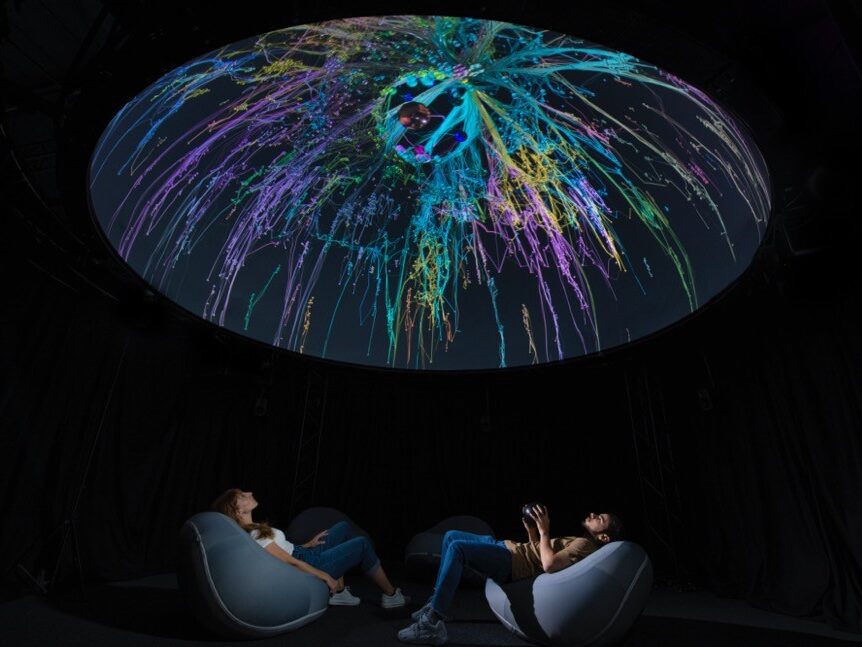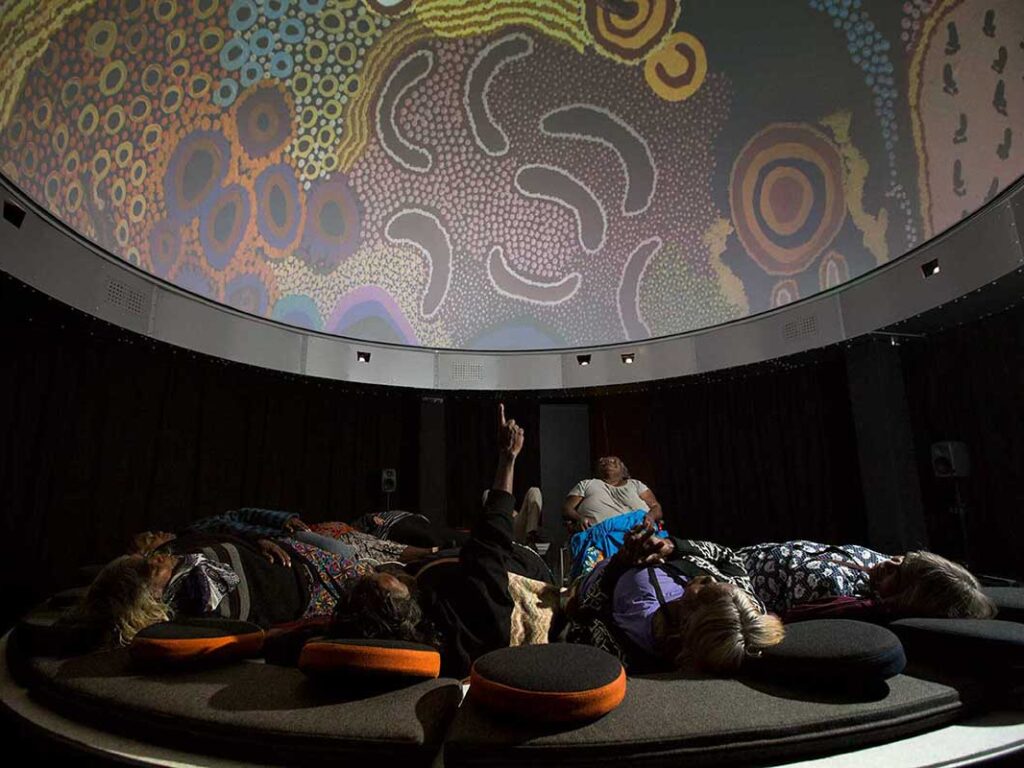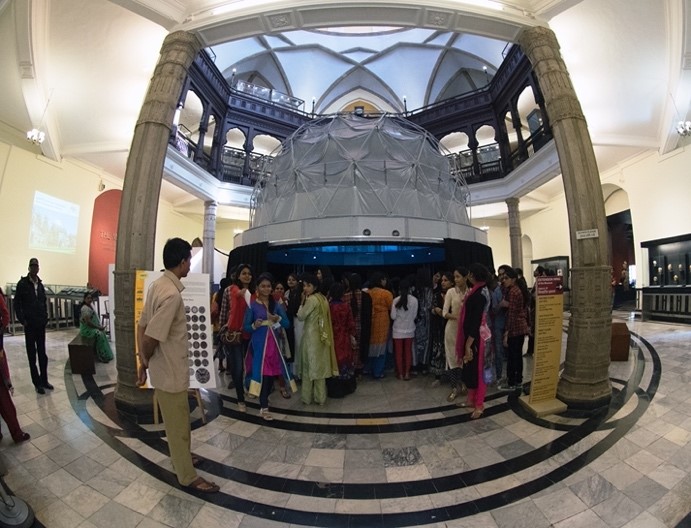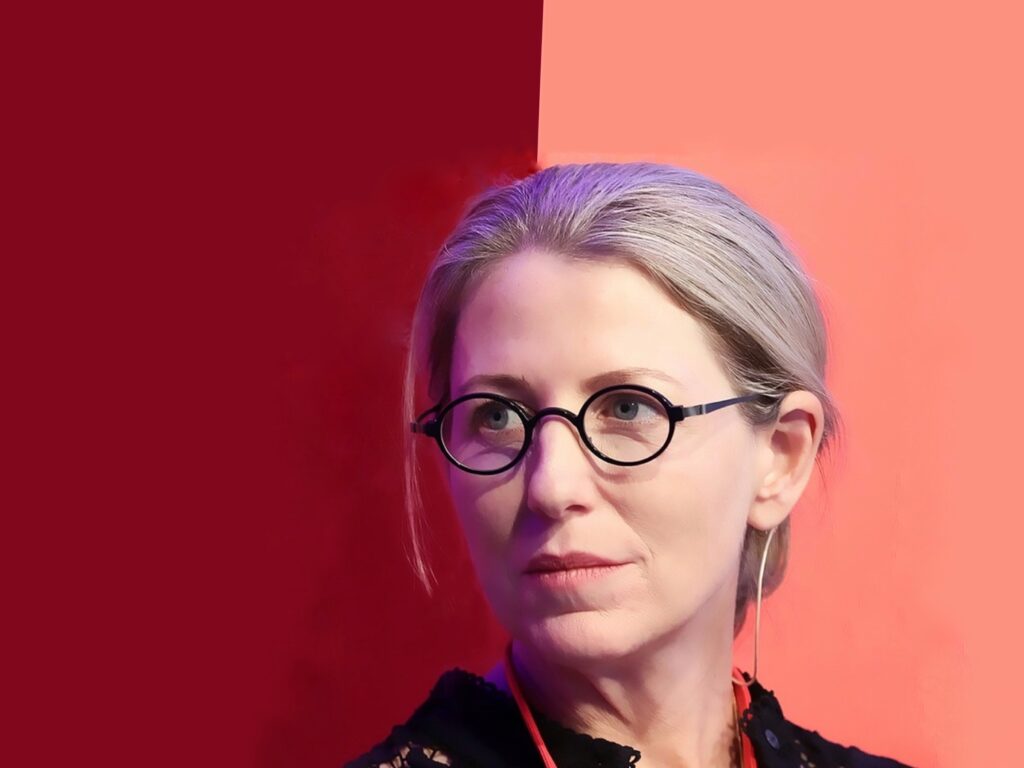key details
4 April 2024
Online on Zoom
3pm — 5pm (CET)
About
Computational museology is a scaffold that unites machine intelligence with data curation, ontology with visualisation, and communities of publics and practitioners with embodied participation through kinaesthetic interfaces. Computational museology empowers cultural organisations to link all forms of culture and materiality: objects, knowledge systems, representation and participation. Research at the Laboratory for Experimental Museology (eM+) reaches beyond object-oriented curation to blend experimental curatorship with contemporary aesthetics, digital humanism and emerging technologies.
This lecture curated by Sarah Kenderdine explores key themes including interactive archives and emergent narrative, deep fakes and blockchain sovereignties, embodied knowledge systems and performative interfaces and scientific visualisation for museums in the age of experience. She will also give an overview of EPFL Pavilions exhibitions and focus the discussion on Deep Fakes: Art and Its Double.









































